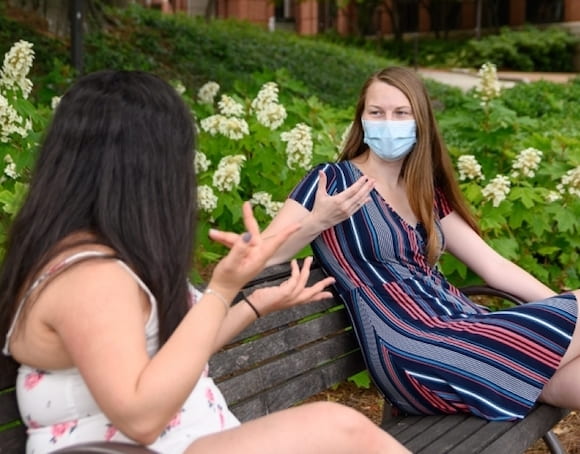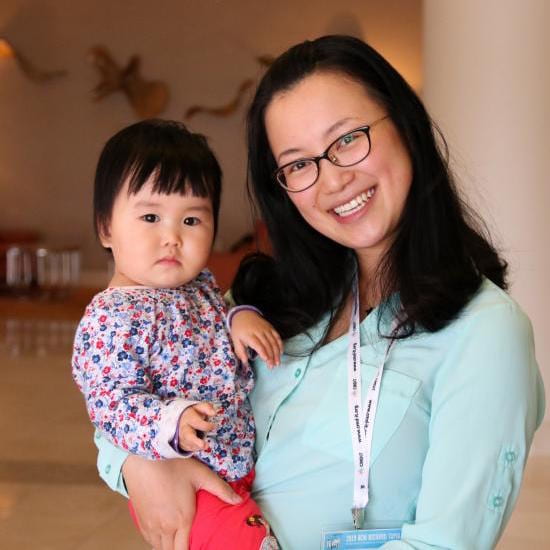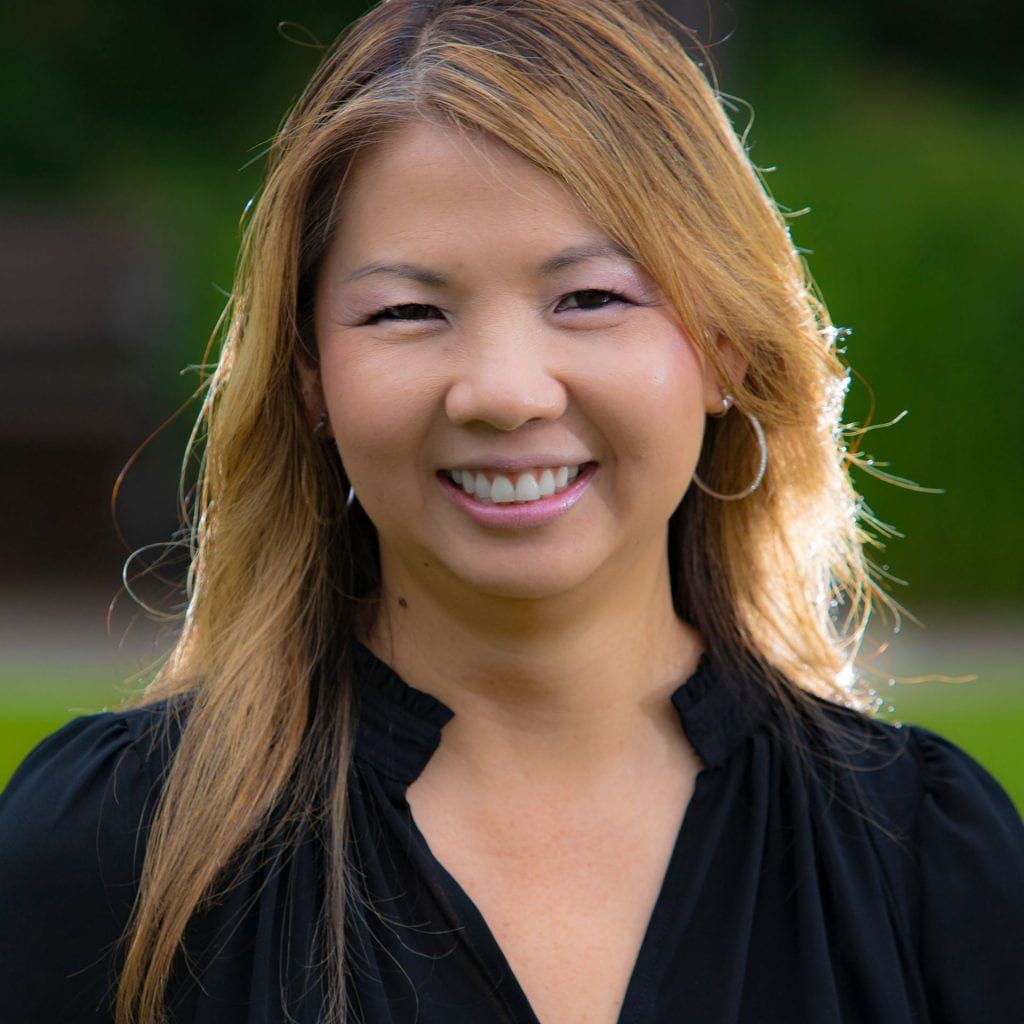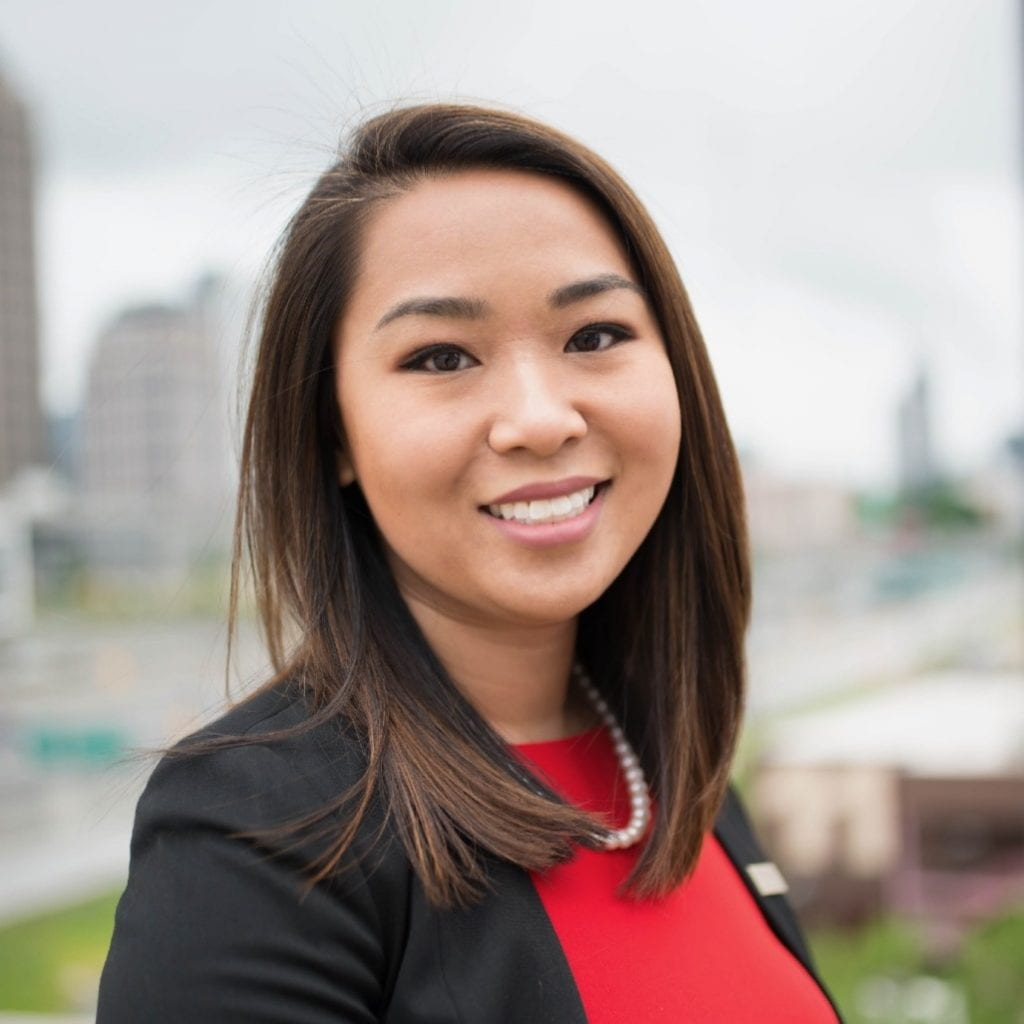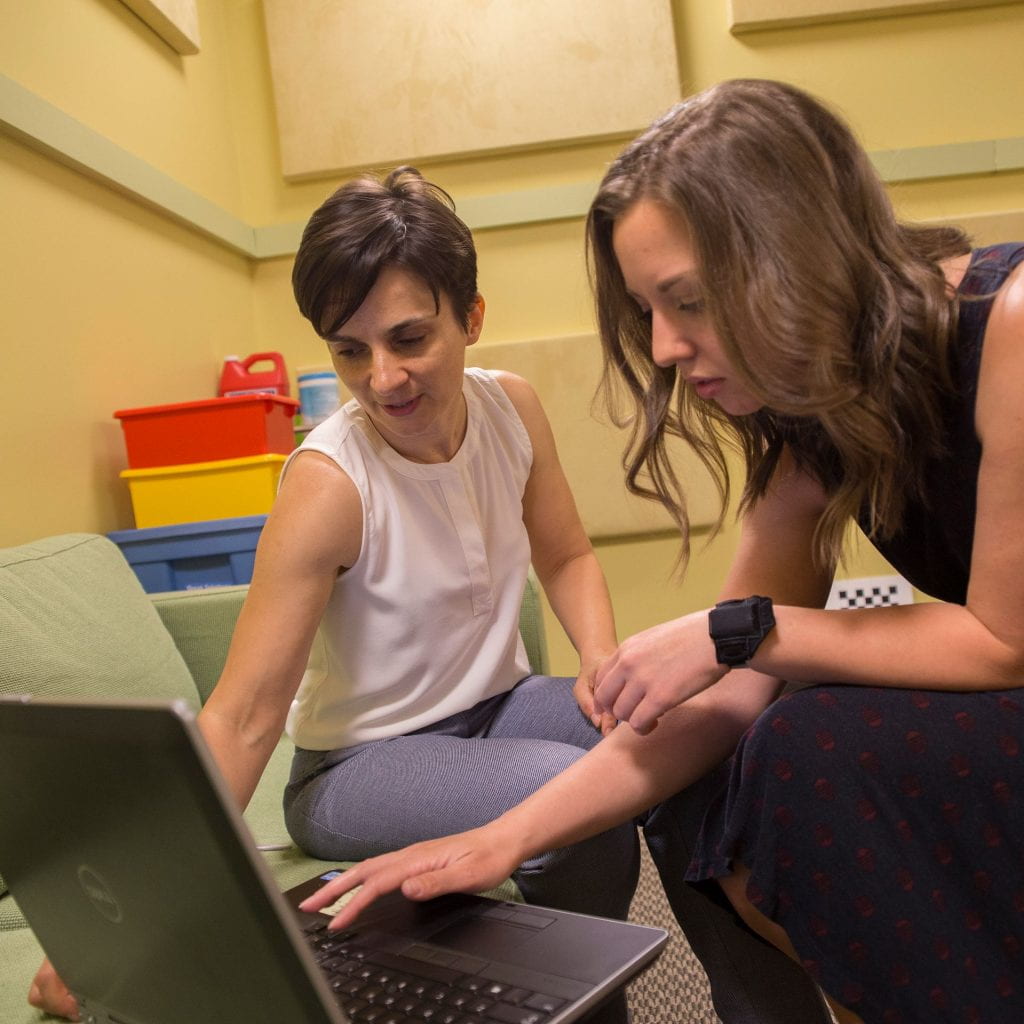Making Equity a Priority at Georgia Tech
A recent industry report finds that Georgia Tech is doing comparatively well when it comes to the gender diversity of its computer science (CS) faculty.
The report from CrowdStrike, a global cybersecurity company, says that Georgia Tech ranks second in the U.S. for gender diversity among CS faculty. According to the report, women comprise 23.8 percent of the CS faculty at Georgia Tech.
“Pushing forward on gender equity is a top strategic driver for the College and the Institute so I’m pleased that we have ranked well in this report. There is still much to be done, but this is solid evidence that our efforts to even the playing field are paying off, and that we are moving in the right direction,” said Charles Isbell, Georgia Tech dean of computing and John P. Imlay Jr. chair.
In the report, Duke University ranks first with women making up 27.4 percent of its CS faculty. Harvard University ranks third with 23.7 percent female CS faculty. The U.S. average is 18.7 percent.
The analysis examined faculty listings on websites for the top 25 CS schools as ranked in U.S. News and World Report’s 2018 graduate program rankings. It included data for professors, instructors, and researchers, but does not include staff members.
The reasons for bringing attention to gender diversity in computer science are clear. The CrowdStrike report references data from a recent Microsoft survey that showed that women are 52 percent more likely to stay in STEM fields if they have a female role model.
According to the report, “The fewer female computer science academics there are, the less likely female students are to continue to study computer sciences, graduate with a computer sciences degree and go on to inspire other females to do so.”
“I’m exceedingly proud of our female faculty members. The mentorship, leadership, and guidance they provide, and the example they set, are vitally important to the ongoing success of our female students at every level,” said Isbell.
Along with this encouraging news about faculty gender diversity, the College is also seeing positive growth in female student enrollments.
Nationally, 18 percent of undergraduate CS majors are women. According to enrollment data, 27 percent of CS majors at Georgia Tech are women. The percentage of female CS Ph.D. students nationally is 21 percent, while at Tech 24 percent of CS Ph.D. students are female.
Overall, total female enrollment in B.S., M.S., and Ph.D. programs, has grown from 16 percent of GT Computing students a decade ago to 21 percent today. This equates to 31 percent growth in female enrollment in the College over the past decade.
CrowdStrike co-founder Dmitri Alperovitch is a Georgia Tech College of Computing alumnus.
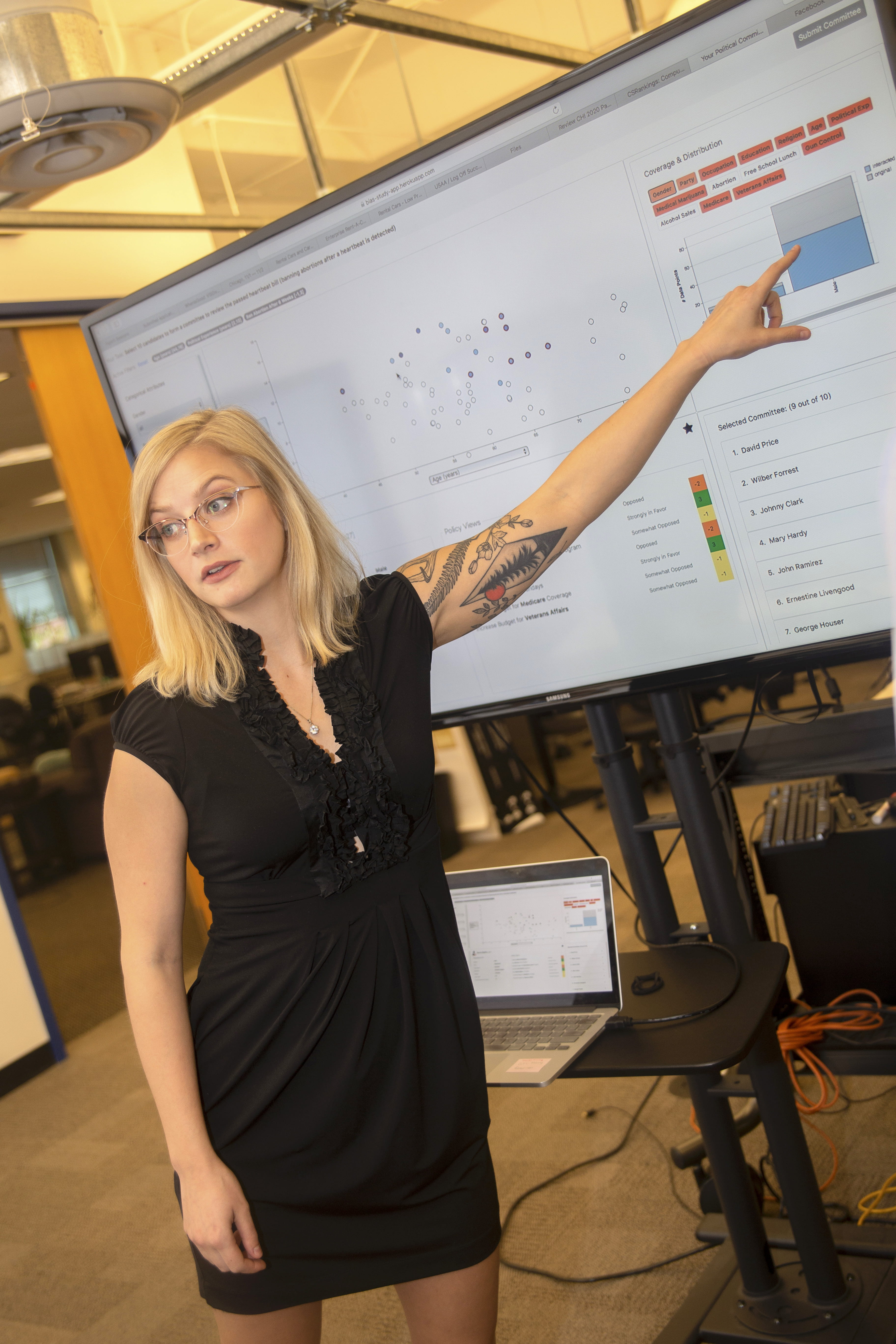
“Pushing forward on gender equity is a top strategic driver for the College and the Institute, so I’m pleased that we have ranked well in this report. There is still much to be done, but this is solid evidence that our efforts to even the playing field are paying off…”
– Charles Isbell, Dean of Georgia Tech’s College of Computing
Gender Diversity in Computer Science
- Women comprise 23.8 percent of computer science faculty at Georgia Tech, putting it one spot behind Duke University (27.4 percent) and above Harvard University (23.7 percent).
- The U.S. average for female computer science faculty is 18.7 percent.
- Women are 52 percent more likely to stay in STEM fields if they have a female role model.
Source: CrowdStrike and Microsoft
Georgia Tech Launches Women in High Performance Computing Chapter
Georgia Tech’s high-performance computing (HPC) mission is expanding with its latest initiative: The launch of its very own Women in High Performance Computing (WHPC) chapter.
From observing binary black holes to synthesizing all of the work in the largest publication journal, HPC processes the world’s data and attempts to answer science’s largest problems. Despite this field’s rapid growth and acute use in problem solving, the gap in representation for those in the community remains apparent. This is why WHPC’s international mission to enhance equity, inclusion, and access for women and minorities to the field of HPC is so critical.
Currently, Georgia Tech awards more engineering degrees to women than any other institution in the country. As HPC represents the intersection of engineering and computing, carrying forward the WHPC mission to promote, build, and leverage a diverse and inclusive HPC community is a natural next step for Georgia Tech.
Building Mentorship on the Trail
Ph.D. student Beatriz Palacios Abad and Professor Ellen Zegura do their research while hiking. Their work measures mobile internet connectivity on tribal lands in New Mexico, where hiking trails are aplenty.
While they have had to delay in-person research in New Mexico, Palacios Abad and Zegura are testing their methodology on Georgia trails during the pandemic. It has helped them make progress in both their research and mentoring relationship.
“Hiking is a safe place for us to get together in person, and it’s a combined social and work gathering,” Zegura said.
They bring smartphones to take measurements as they hike. Eventually they hope to crowdsource the measurements from fellow hikers.
“It brings another interesting community to look at, specifically hikers and their safety and how they share knowledge,” Palacios Abad said.
The two initially connected over their love of hiking. When Palacios Abad was looking at Ph.D. programs, she wasn’t sure where to apply until she went to the Georgia Tech Booth at Grace Hopper Celebration. Later while skyping with Zegura, she learned about Zegura’s research to bring better internet connectivity to tribal lands in New Mexico.
“I was living in New Mexico at the time,” Palacios Abad said. “From the beginning, I felt like Ellen and I had a good rapport, and we had a nice interest of hiking to connect through.”
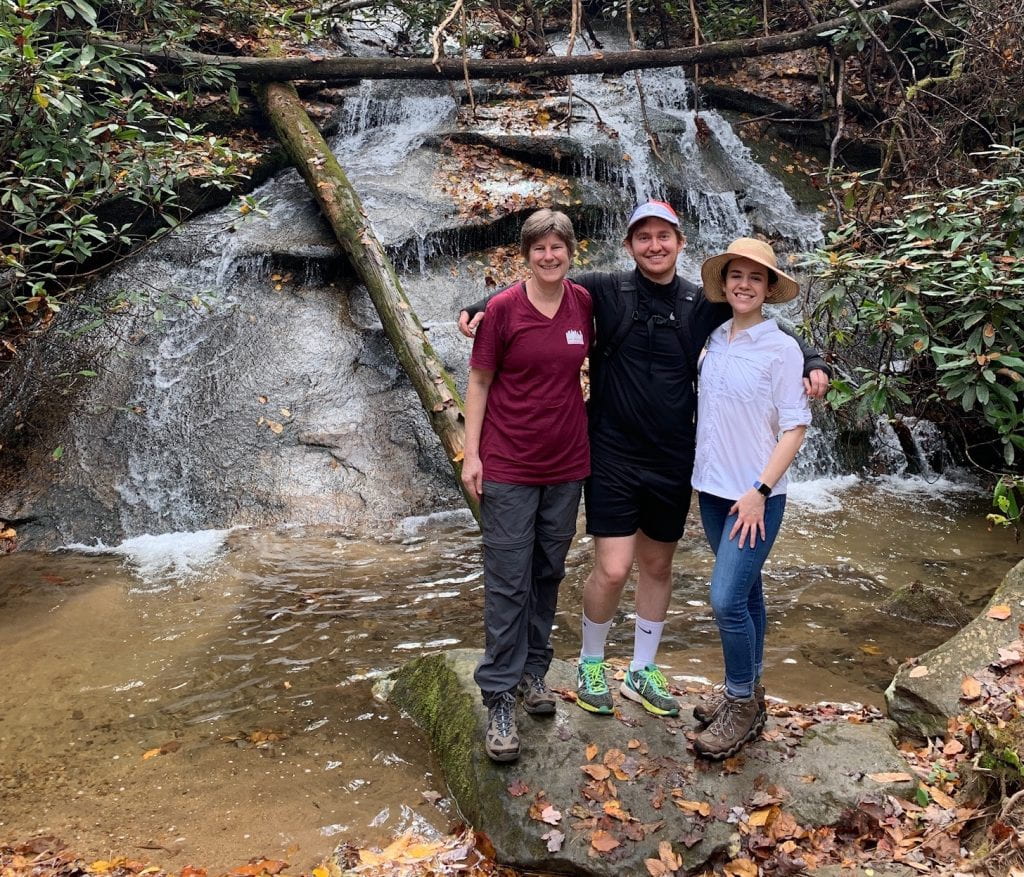
Although Palacios Abad is based in the School of Interactive Computing and Zegura is in the School of Computer Science, both were eager to work together on this project. Zegura was impressed by Palacios Abad’s academic background in computer science and social sciences but also her practical experience working as a software developer before her Ph.D.
“Not all students who do networking research want to think about the socio-political context of who has connectivity, and we need students to for this work,” Zegura said. “It’s also been fantastic to have Bea’s industry experience because she always said it was her job to be picky and that makes a difference in the quality of our work.”
The project has been hands-on with student input from the beginning. Zegura and Palacios Abad also work with master’s student Michael Koohang, and the three are learning more social science research methods together. Ultimately, they hope to bring this collaborative spirit to the communities their work serves. “The hikers have been a useful focus but we really want to make it possible for rural communities to map their own internet access and coverage and be able to use that data to advocate for resources,” Zegura said. “We think a lot of technical tools we’ve developed we will be able to carry over to a different context.”


